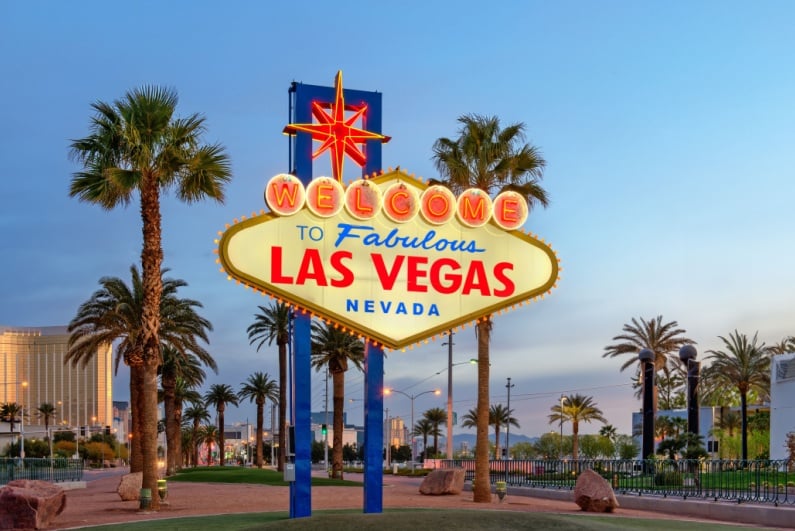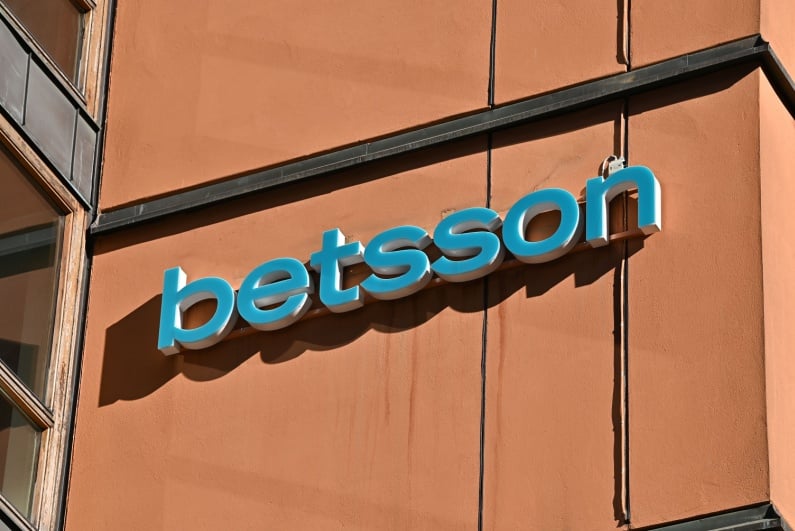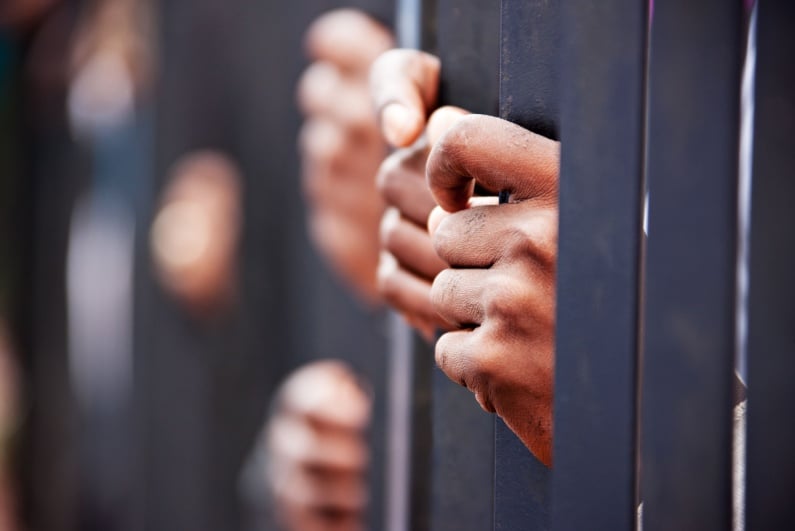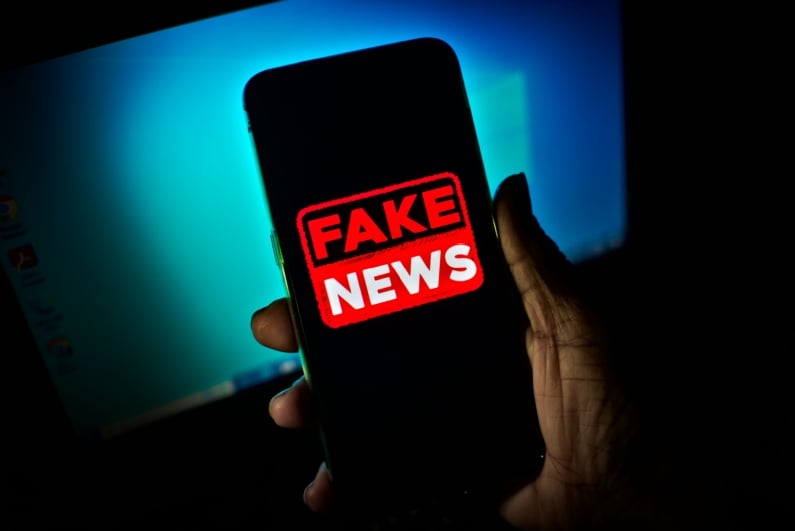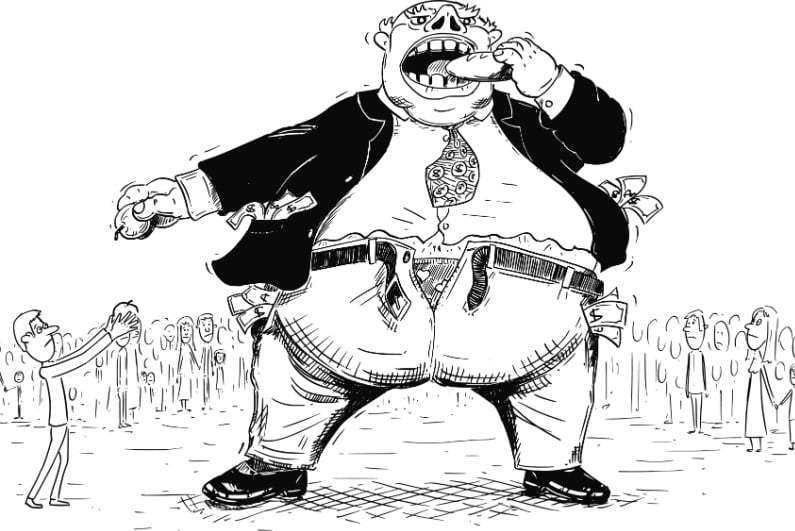
Top News Stories
Casino News
Crime
Most viewed articles
- FanDuel Changes T&Cs After Tipster’s $11 MLB Parlay Wins $2.2m for Subscribers
- One Big Beautiful Bill? More Like One Big Beautiful Tax Bill
- The WSOP Is Still Able to Create Magic Moments
- UK Man Wins £24k on £2 Bet Playing Online Slots in the Airport Before Going to Ibiza
- Xposed Denied Comped Smoothie at Resorts World While Playing $25,000 Blackjack Hands
- Social Media Users Outraged at $170 Pizza at the Sphere Las Vegas
- WSOP Investigating Alleged Collusion During Millionaire Maker Heads-Up Competition
- Dara O’Kearney: Tales From the WSOP 2025 Part 4
- Dara O’Kearney: Tales From the WSOP 2025 Part 3
- Great Canadian Casino Hit With $350k Fine After DJ Party Causes Mayhem





